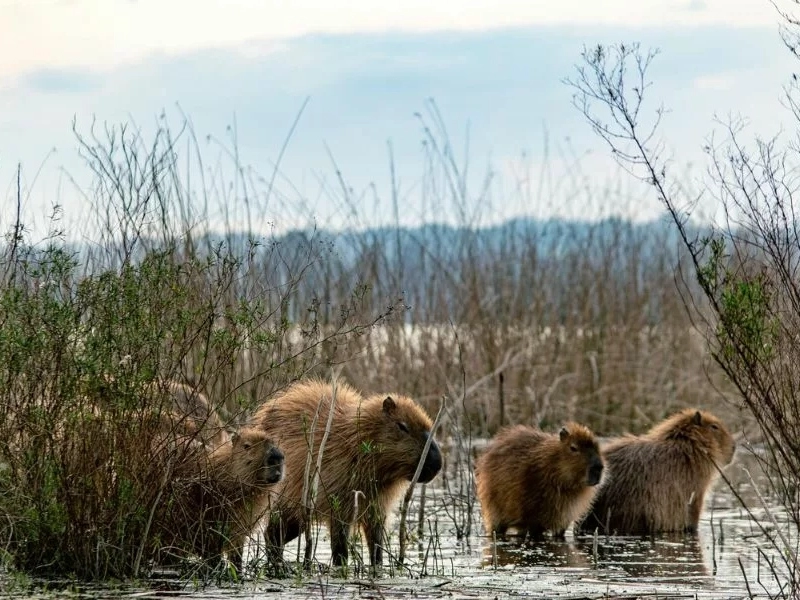2. Soil Fertilization and Nutrient Cycling

Capybaras play a vital role in nutrient cycling within their habitats through their digestive processes. Their droppings act as natural fertilizers, enriching the soil with essential nutrients that promote plant growth. Researchers have found that areas frequently visited by capybara herds show significantly higher soil fertility levels compared to regions without capybara activity. Their nutrient-rich feces contain partially digested plant material, which decomposes more efficiently than undigested plant matter, returning valuable nutrients to the soil. This process is especially important in riparian zones, where soil fertility directly impacts the health of both terrestrial and aquatic ecosystems. Studies have revealed that capybara droppings contain high concentrations of nitrogen, phosphorus, and other essential minerals necessary for plant development. Their defecation in and around water bodies also aids in distributing nutrients across terrestrial and aquatic environments, creating a crucial link in the ecosystem's nutrient cycle. This natural fertilization process supports the growth of diverse plant species, providing food and habitat for numerous other animals.
Advertisement

